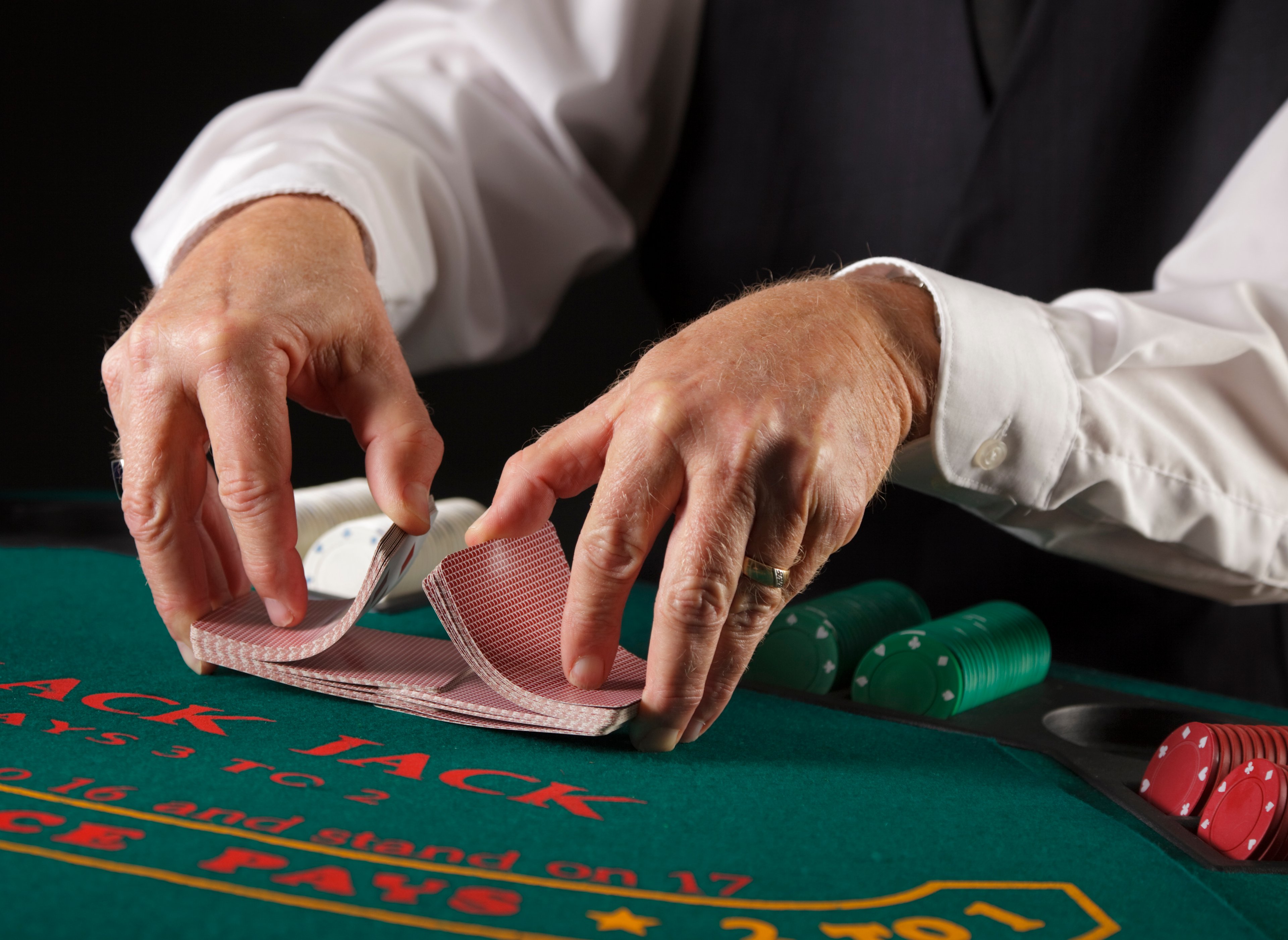
Las Vegas Sands (LVS 0.01%) and its CEO, Sheldon Adelson, have built one of the largest empires in Macau, with more properties and hotel rooms on the island than any other gambling company. However, the company continues to come under attack for some of its business practices during the early days of Macau development. One such attack involved a lawsuit filed by former Sands China Vice President Steven Jacobs. The lawsuit was settled this week for a reported $75 million to $100 million. Here's why this settlement is so important.
A bad chapter finally closes
Jacobs was the Sands China CEO from August 2009 to July 2010. He was fired from Las Vegas Sands in 2010 and quickly brought a wrongful-termination suit against the company. The case has been in legal limbo for a few years now, as both sides have fought over terms of the case and the defendants tried unsuccessfully to get the case thrown out.
Jacobs' primary claim was that he refused to be part of what he says were illegal activities and that he was fired as a result. His statements suggest that the company violated the Foreign Corrupt Practices Act, allegedly via acts involving prostitution, organized crime, and the unlawful use of intermediaries to make deals on its behalf.
Other than the risk of how much Las Vegas Sands might have owed if Jacobs were successful in court, there was the increased risk that Sands would face more government scrutiny about Jacobs' claims and that the company would face reputation damage from the publicized court proceedings. However, the dirty laundry won't make it to a courtroom. The case was settled for at least $75 million, according to a June 1 report in The Wall Street Journal citing a "person familiar with the matter." As a result, Jacobs has reportedly dropped all charges.
The SEC investigation closes as well
Jacobs' case had helped fuel an SEC probe to examine potential violations of the FCPA. After five years of probing, the investigation was closed on April 7 in a $9 million settlement. Crucially, the SEC's probe didn't find any corrupt practices -- essentially just mismanaged bookkeeping. Las Vegas Sands also agreed as part of the settlement to hire an independent compliance consultant for two years to monitor its actions.
The combined $84 million in settlements ($9 million to the SEC and the low end of the reported settlement with Jacobs) is substantial and will undoubtedly be felt on the bottom line this year, but is still a relatively small loss for Las Vegas Sands, which posted EBITDA of over $500 million in Macau alone during the first quarter of this year, even in Macau's current slump.

Image source: Las Vegas Sands.
But Las Vegas Sands isn't completely clear yet
With the SEC investigation and now the lawsuit with Jacobs behind it, Las Vegas Sands looks to be in a good position moving forward. However, Las Vegas Sands still has some other pending lawsuits that investors should be watching closely. The Justice Department is also still reportedly investing alleged FCPA violations.
Taiwanese developer Marshall Hao said that his company, Asian American Entertainment, was crucial in helping Las Vegas Sands to initially enter the Macau market, but was dumped as Las Vegas Sands switched to partner with Galaxy Entertainment instead. He's now suing for 70% of profits Las Vegas Sands will post in Macau from 2004 to 2022, which could be around $8 billion, according to analyst estimates. A court recently overruled Las Vegas Sands' attempt to have the case thrown out and authorized it to proceed to trial, though a date for that trial has not been set.
Then there's Richard Suen, who claims that he helped Las Vegas Sands with government relations in the early days of Macau development and was never paid what was owed to him. He has actually won his case against Las Vegas Sands twice already, first for $43 million in 2010 and then for $70 million in 2013, though each time the decision has been overruled and sent to retrial. A date has not been set for the pending third trial.
Either of these cases could be incredibly expensive for Las Vegas Sands, either by settlement, court-ordered restitution, or even fines from the government if misconduct is found. But for now, this recent settlement with Jacobs is one reason Las Vegas Sands investors should be happy.





